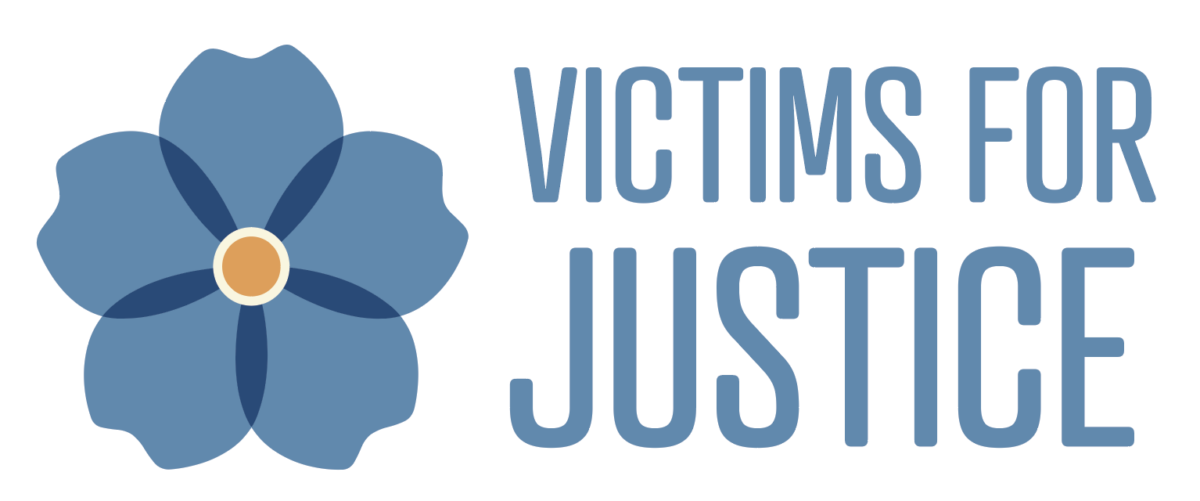If you have become the victim of a violent crime, you likely have questions about how to navigate the criminal justice process, and whether you need to have legal representation. Like many aspects of the court system, it can be complex and confusing. Here we try to break it down for you with answers to some basic questions.
One of the first things to know is that if the person who harmed you or a loved one is being prosecuted, the act they committed is considered a crime against the law, and not a crime against you as an individual. It’s the government’s responsibility (whether it’s the state, city, municipality, or federal government) to provide a legal team to handle the criminal case against the defendant(s).
These lawyers are called prosecutors. Their job is to present the case in a criminal trial against an individual accused of breaking the law.
Prosecutors who work for the state are called district attorneys. Some cities or municipalities have their own prosecutors. Prosecuting attorneys represent the state or the community with the goal of protecting the community from further harm.
Below are common questions you may have and basic answers. If the information you are seeking is not here, please contact Victims for Justice and ask to speak with a victim advocate. You might also reach out the Alaska Office of Victims’ Rights (OVR), a state agency that provides free legal representation to crime victims to ensure that their rights are respected.
(Note: For ease of understanding and consistency in legal language, this article uses the term “victim.” This term may be used to describe a survivor who has been directly impacted by a violent crime or the surviving family members of a homicide victim.)
Q: Can I press charges against the person who harmed me or hire a lawyer to press charges?
A: No. Only the government can file criminal charges against a person in Alaska. In some states, limited private prosecution is possible for some low-level crimes.
Q: Does the prosecutor represent me, the victim of violent crime?
A: No. The prosecutor represents the government and/or the community where the crime occurred. The only parties to the case are the prosecution and the defense. The victim is not a party.
Q: Since the prosecutor doesn’t represent me, how do I make my voice heard?
A: Generally speaking, the prosecutor and you may have the same goals: jail time, restitution or maybe probation. But sometimes, goals differ. As a victim, you have rights that ensure your voice is heard. If you feel your rights have been violated, contact the Office of Victims’ Rights (OVR).
Alaska is currently the only state that has a government-run office of victims’ rights attorneys dedicated to protecting the rights of victims. If OVR takes your case, one of their lawyers can file an entry of appearance and make arguments on your behalf at no charge to you.
Keep in mind that OVR attorneys are limited to protecting your victim rights. Sometimes, victims want their victims’ rights attorney to do something they do not have the power to do. For example, you and the OVR attorney do not have the right to block a plea agreement, see evidence, submit evidence, file charges, drop charges, or do many other things that the prosecution or defense teams can.
Q: Are there other instances where it might help to have my own attorney?
A: If you suffered financial and/or emotional losses, you may consider hiring a private attorney to file a civil lawsuit. In a civil lawsuit, you might gain financial compensation from the defendant. In this type of lawsuit, you cannot charge the defendant with a crime or have them put in jail. If you are interested in speaking to a lawyer about suing the defendant, contact the Alaska Bar Association Lawyer Referral Line They can be reached at 1-800-770-9999. In some instances, especially high-profile cases, it may also be to your advantage to hire an attorney to handle media interactions.

Recent Comments